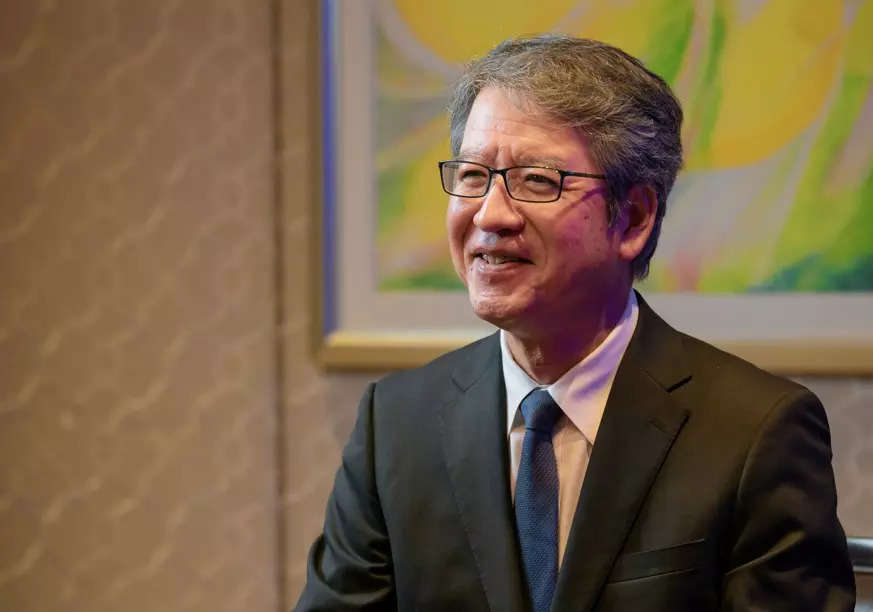
India’s largest carmaker Maruti Suzuki’s first electric car, which will hit the roads in 2025, is keenly awaited but its new managing director and CEO Hisahi Takeuchi has said it is unlikely to be priced under INR 10 lakh. Takeuchi blamed the high cost of technology and battery for this and indicated he does not foresee prices to come down enough in the next three years.
“If somebody should bring an affordable EV in the market, it should be Maruti Suzuki. But EV is still very expensive…as a part of the current technology, I think it is quite difficult to make a very affordable EV, maybe not so soon,” Takeuchi told ETAuto in his first ever media interaction after taking over the reins of the company at the start of this month.
“EV (under INR 10 lakh) is I think difficult because of the cost of the battery. If the customer accepts a very small battery, then it may be possible, but then I think the customer has range anxiety. Like if it is only 150 kilometers then he is concerned about running out of charge.”
Lithium ion batteries account for nearly 40 percent of the cost of an electric vehicle and smaller batteries would mean lower cost but also lower range. To make cars with smaller batteries practical, the country would need a wide network of fast charging stations which is perhaps a bigger challenge.
Interestingly, MG Motor India, the local unit of China’s SAIC, is planning to launch an EV crossover in the current financial year which will be priced between INR 10-15 lakh. MG already has the ZS EV in the market priced at over INR 20 lakh.
“If the infrastructure is everywhere, and wherever you go, there’s always a quick charger available then maybe a very small battery in a less expensive car can be marketed and sold. But right now the environment is not that ready. I think it will take more time,” he added.
While Tata Motors has taken a clear head start in the EV race, Maruti Suzuki is seen as a laggard to the extent that it is also being seen as a company resisting EVs in some quarters. Takeuchi admitted the company has been conservative on EVs as compared to others but maintained that it would have a leadership position even in EVs in the future.
“We are the company that is taking a very conservative approach to EV technology. But we have been testing our vehicles for a long time now because it must be perfectly safe for our customers and the Indian weather condition is probably one of the toughest environments for an EV,” he said. “We have to make it perfectly safe. Also from the demand side, the EV market is growing, but it is still a very small number (compared to overall market). The infrastructure must also be prepared for the industry to become popular.”
Breaching the INR 10 lakh price bracket for an EV could become a tougher challenge in times to come. High demand for electric vehicles globally has created a demand supply mismatch and lithium prices have recorded the steepest rise in a year in 2022 in well over two decades. Prices rose steadily from $ 4,450 per tonne in 2012 to $ 17,000 per tonne in 2021 but have risen over four fold to more than $ 78,000 per tonne so far in 2022.
As a result, battery pack prices are likley to see an increase as well. According to a Bloomberg NEF estimate from November last year, lithium ion battery pack prices fell sharply from $ 1220 per KWh (kilo-watt hour) to just $ 140 in 2020. In 2021 though, the fall had been a modest 6 percent at $ 132 per KWh and Bloomberg estimated a marginal rise in price to $ 135 per KWh in 2022 adding that battery prices were likely to fall below the magical $ 100 per KWh when they achieve price parity with their fossil fuel counterparts, only by 2024. That was five months ago though and did not account for the steep rise in the price of the metal this year. A revised estimate would likely show a sharper spike for 2022.
Also Read:

















